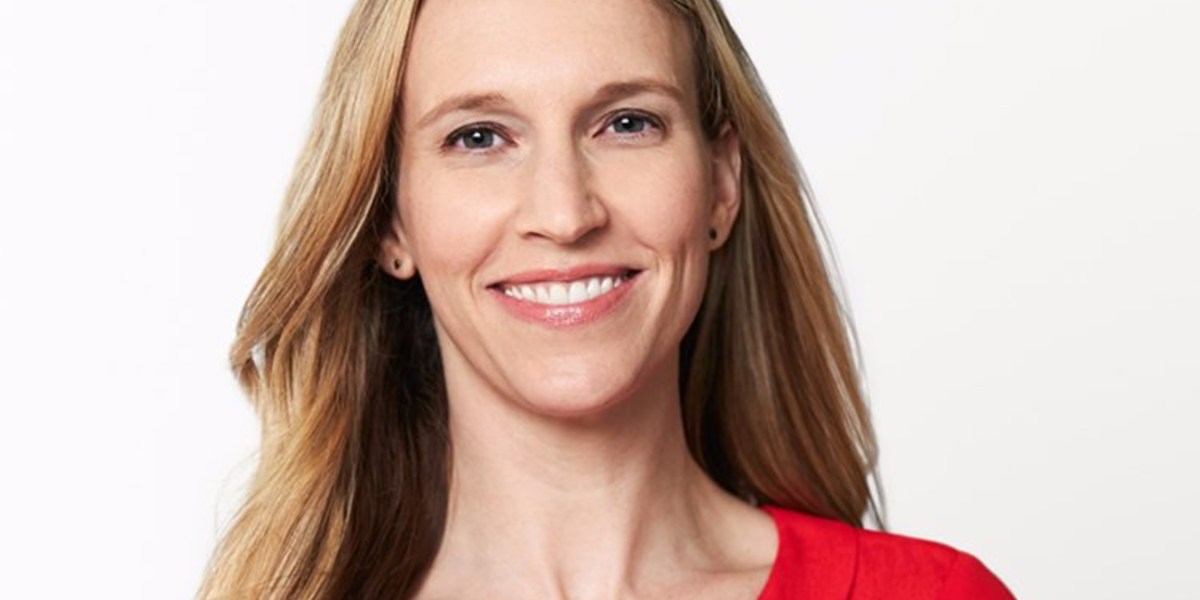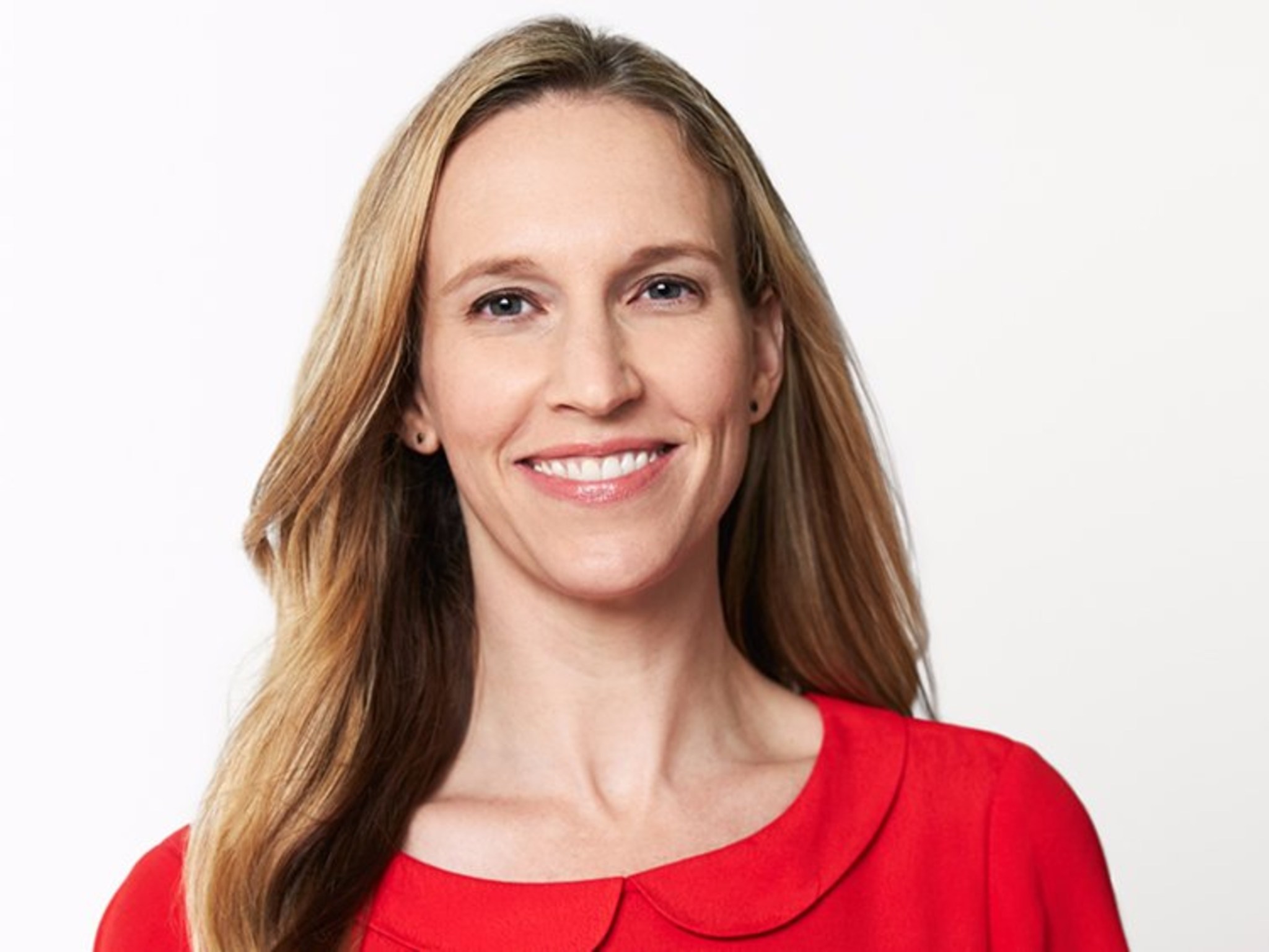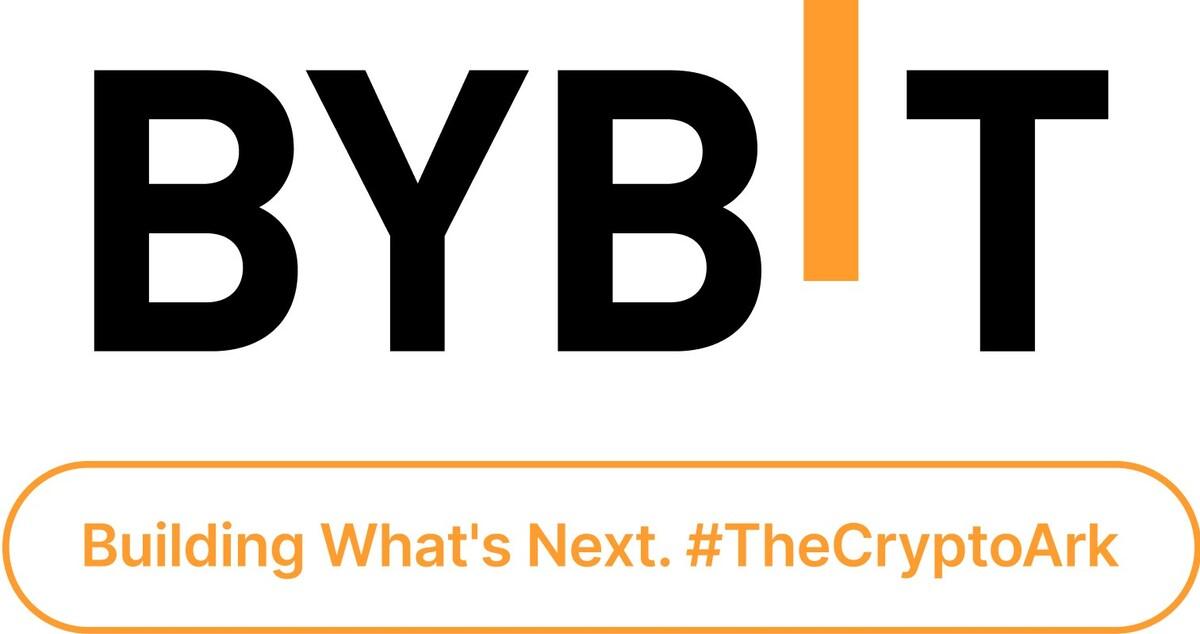Term Sheet Next: Jessica Powell on how AI unlocks the massive enterprise audio market


Jessica Powell vividly recalls singing with her friend, Luke Miner, as they kept asking: “Why are the karaoke songbooks so slim? Why don’t we have all the songs in the world? Wouldn’t it be amazing if you could just sing along to any song you wanted?”
That was in 2013. Powell and Miner wouldn’t co-found AudioShake—which specializes in audio separation and processing technology—until 2021. Powell came to startup founder life from a unique vantage point: She was at Google from 2007 through 2018, ultimately leading communications at the search giant (Miner’s a data scientist, who previously worked at Plaid). Since 2021, Powell has been CEO of AudioShake and long before ChatGPT came out and voice AI hit the mainstream, she was using AI focused on audio use cases in enterprises.
“What we’re trying to do is make audio usable for both humans and machines,” Powell told Fortune. “That can mean super creative workflows, like film editing and music editing. But it can also mean things that the machines have to do, like being able to understand real-world audio.”
AudioShake, already with more than 40 enterprise customers, recently raised its $14 million seed round, led by Shine Capital. (Thomson Reuters Ventures, Origin Ventures, Indicator Ventures, and Precursor Ventures also participated in the round, which brought the startup’s total capital raised to $19 million). Alex Hartz, Shine general partner, praised Powell as an “audiophile who combines the best characteristics of a gritty startup founder and seasoned executive.” And she has indeed made inroads with enterprise customers in a fast-evolving market—current AudioShake customers include Universal Music, Disney Music Group, Warner Music Group, Warner Bros. Discovery, BET and NFL Films, along with “several Magnificent 7 companies.” There are, as Powell points out, so many extremely complex audio environments, whether that’s in films or on factory floors.
“We specialize in noise,” said Powell. “A lot of that noise is really rich, beautiful noise. It could be a film or a piece of music. But audio has a high amount of frequency overlap, and a lot of unknown mixing conditions. And those are the kinds of technical challenges that you’re trying to solve.”
Filipa Olmo, head of content and community at YC-backed AI audio studio Wondercraft, said that the company uses AudioShake to break files into “individual audio components, which gives our users the freedom to edit and customize with our tools and voices.” Olmo described AudioShake’s technology as “foundational” and said that the startup was “the only provider we found that could do this at the level of quality we needed.” Which gets at something essential: The audio market is perhaps among the great unseen, massive markets.
“The audio market is massive and counterintuitively larger than the video market,” Shine’s Hartz said via email. “By making audio as easy to edit as images, AudioShake has the opportunity to become core infrastructure across all audio use cases.”
Term Sheet asked Powell: What’s next?
“Humans and machines have different superpowers, and if you can give each the other’s superpower, that’s really powerful,” she said. “If you can make it possible for a human to edit sound the way machines do, that opens up creative opportunities. If you help a machine understand the meaning of multiple sounds occurring simultaneously, that’s going to help deploy machines at the service of humans to do a variety of tasks we may not want to do, but that we can’t give machines today… There are so many things machines could do really well if they could see and hear like humans.”
Fortune Brainstorm AI San Francisco…Jessica did an amazing AudioShake demo last year at Fortune Brainstorm AI in SF—and the event is back this year! On December 8th and 9th, we’ll be returning with a stellar lineup including Databricks CEO Ali Ghodsi, Google Cloud’s Thomas Kurian, Intuit CEO Sasan Goodarzi, Glean CEO Arvind Jain, Amazon’s Panos Panay, and many more. Apply now to register.
See you Monday,
Allie Garfinkle
X: @agarfinks
Email: alexandra.garfinkle@fortune.com
Submit a deal for the Term Sheet newsletter here.
Joey Abrams curated the deals section of today’s newsletter. Subscribe here.
Venture Deals
– Redwood Materials, a Sparks, Nev.-based battery recycling and energy storage company, raised $350 million in Series E funding. Eclipse led the round and was joined by NVentures and others.
– Riff, an Oslo, Norway-based vibe coding platform designed for enterprise-grade applications, raised $16 million in Series A funding. Northzone led the round and was joined by Skyfall Ventures, Maki.vc, Sondo Capital, and others.
– Darwin AI, a New York City-based company designed to help public sector agencies integrate AI safely, raised $15 million in Series A funding. Insight Partners led the round and was joined by UpWest and Resolute Ventures.
– Brico, a San Francisco-based AI-powered platform designed to automate state and federal licensing for financial institutions, raised $13.5 million in Series A funding. Flourish Ventures led the round and was joined by existing investors Restive Ventures and Pear VC.
– Clerq, a New York City-based payments platform for high-ticket transactions, raised $12 million in Series A funding. 645 Ventures led the round and was joined by existing investors FirstMark Capital, Fika Ventures, Commerce Ventures, and Dash Fund.
– Wolf Games, a Los Angeles, Calif.-based platform using AI to build video games, raised $9 million in Series A funding. Main Street Advisors led the round and was joined by others.
– VitVio, a Boston, Mass.-based AI-powered platform designed to autonomously coordinate operating room staff and other hospital operations, raised $8 million in seed funding. Bek Ventures led the round and was joined by LDV Capital, Tiny Supercomputer Investment Company, and others.
– Tempo, a Toronto, Canada-based AI-powered platform designed for engineers to collaborate on code, raised $5 million in seed funding from YCombinator, Golden Ventures, Box Group, Webflow Ventures, and others.
– OneAM, a New York City-based early pay platform, raised $4.7 million in seed funding. TTV Capital led the round and was joined by Correlation Ventures, ThirdStream Partners, and others.
– Tensormesh, a San Francisco-based inference optimization platform for enterprise AI, raised $4.5 million in seed funding. Laude Ventures led the round.
– Rightcharge, a London, U.K.-based fleet electric vehicle charging payments platform, raised £1.6 million ($2.1 million) in seed funding. Soulmates Ventures led the round and was joined by Blackwood Ventures, Unruly Capital, and Purple Ventures.
Private Equity
– AuditBoard, backed by Hg Capital, agreed to acquire FairNow, a Washington, D.C.-based AI governance platform. Financial terms were not disclosed.
– National Safety Apparel, a portfolio company of Blue Point Capital Partners, acquired Gemtor, a Matawan, N.J.-based provider of fall protection and rescue equipment. Financial terms were not disclosed.
People
– Acacia Partners, an Austin, Texas-based private equity firm, promoted Evan Kearns to vice president.
– BlueYard Capital, a Berlin, Germany-based venture capital firm, hired Mike Wax as a general partner. Previously, he served as CEO of Forto.
– Greenbelt Capital Partners, an Austin, Texas and New York City-based private equity firm, hired Katie Kersey as chief of strategy and operating partner, Erika Mapes as managing director, Austin Major as principal, and Elouise Roche as vice president.





